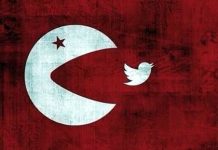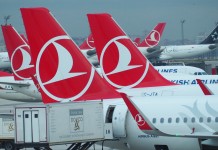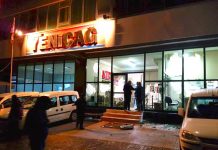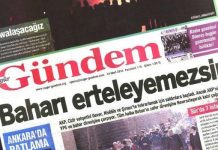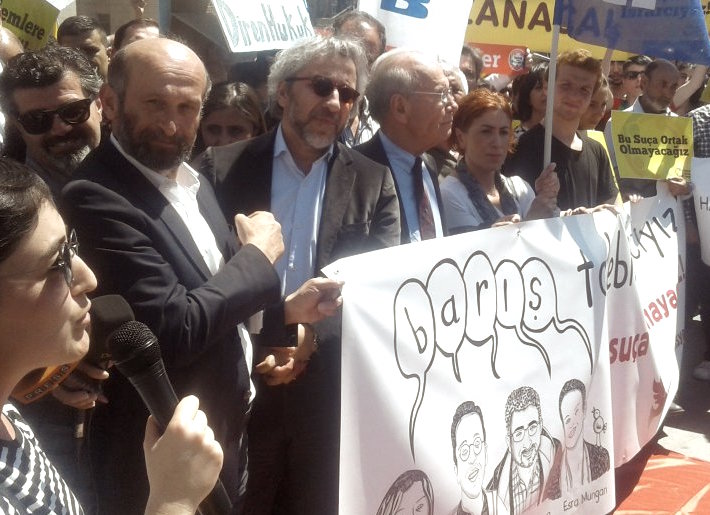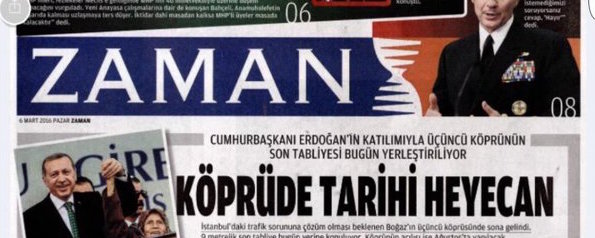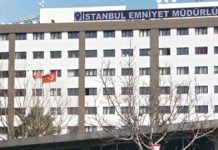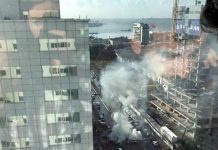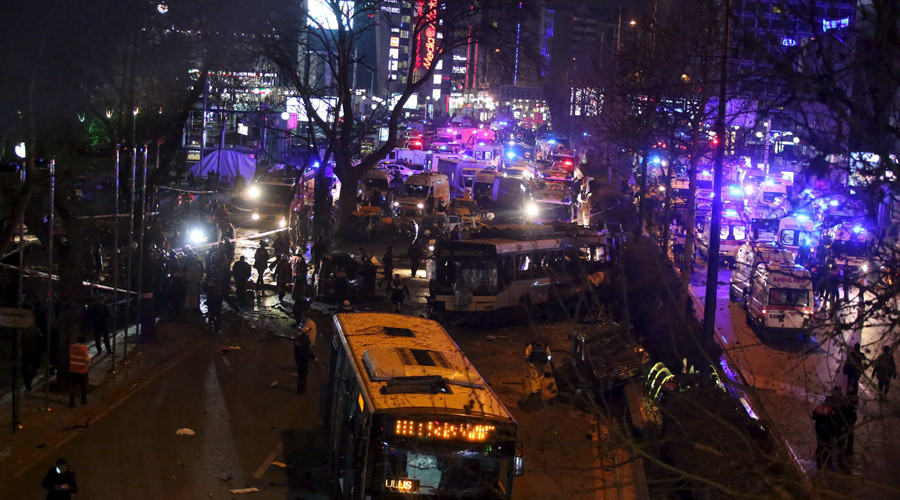On Friday morning, journalists Can Dundar and Erdem Gul were once again in the dock – on charges of “aiding terrorism” – which many believe to be groundless, politically motivated accusations. Their hearing was held two hours prior to that of a another group that has also been at odds with Turkish President Recep Tayyip Erdogan – four scholars who signed a petition calling for peace in the country’s southeast.
"On trial alongside the academics, we are stronger together now"; statement by journalist #CanDundar 📹@BarisAkademikpic.twitter.com/hQUNUHWoCF
— D8 News (@D8News) April 22, 2016
The timing and location of the two cases at Turkey’s Caglayan courthouse, may have had an unexpected side effect, permitting the two groups to coordinate more closely, a move which observes believe will strengthen both cases in the onslaught of Erdogan’s crackdown against democratic opposition groups.
Statements by both groups expressed strong support for the other, and the Cumhuriyet journalists expressed their intention to “take the academics” with them when they ultimately walk free.
Two groups with much in common
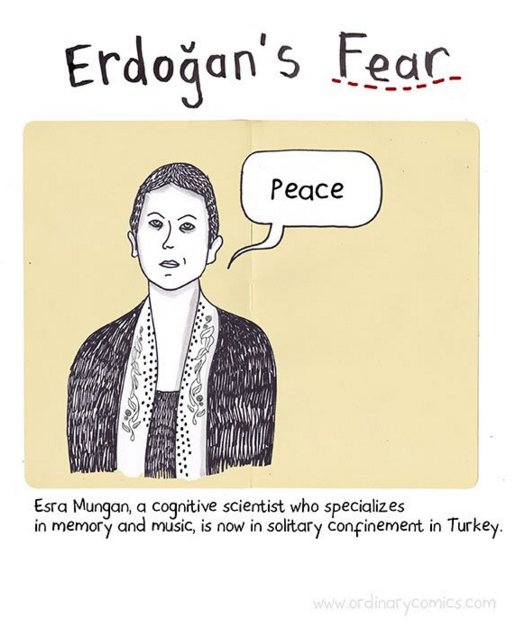
With wide support networks, both the journalists and academics have been able to mount a defence and raise awareness for their causes. While Dundar, Editor-in-Chief of Turkey’s progressive and respected Cumhuriyet newspaper, has a diverse following from progressives across the political spectrum, the academics have found their strongest voice amongst Turkey’s ethnic minorities – Kurds, womens’ groups and university support organisations.
Turkey’s struggle against an increasingly authoritarian state have received international attention as the battle of words and lawsuits starting to spread internationally – the head of state’s security team was accused of assaulting American journalists during a visit to Washington, D.C., broadcasters and reporters in Germany are under investigation for “insulting” Erdogan and Dutch organisations have been instructed to report anyone causing offence to the Turkish leader.
The country’s security situation has seen rapid decline as ruling party AKP has taken to imprisoning various groups, also including journalists, lawyers, fiercely punishing those who challenge the regime and it’s policies in southeast conflict zones.
“Rapid decline” in press freedom
The cases come amidst a backdrop of increasing restrictions on the media, and curtailments of freedom of expression implemented via frequent internet shutdowns.
#Turkey falls to 151th place as "Erdogan's offensive against media" hastens – @RSF_inter #PressFreedom Index 2016 pic.twitter.com/MN6sTaAlWO
— D8 News (@D8News) April 20, 2016
On Thursday, the international Reporters Without Borders group released its 2016 Press Freedom index, which saw Turkey plummet to 151st place, approaching the lowest tier which includes China and North Korea.
Cover photo, courtesy of @BarışAkademisyenleri




